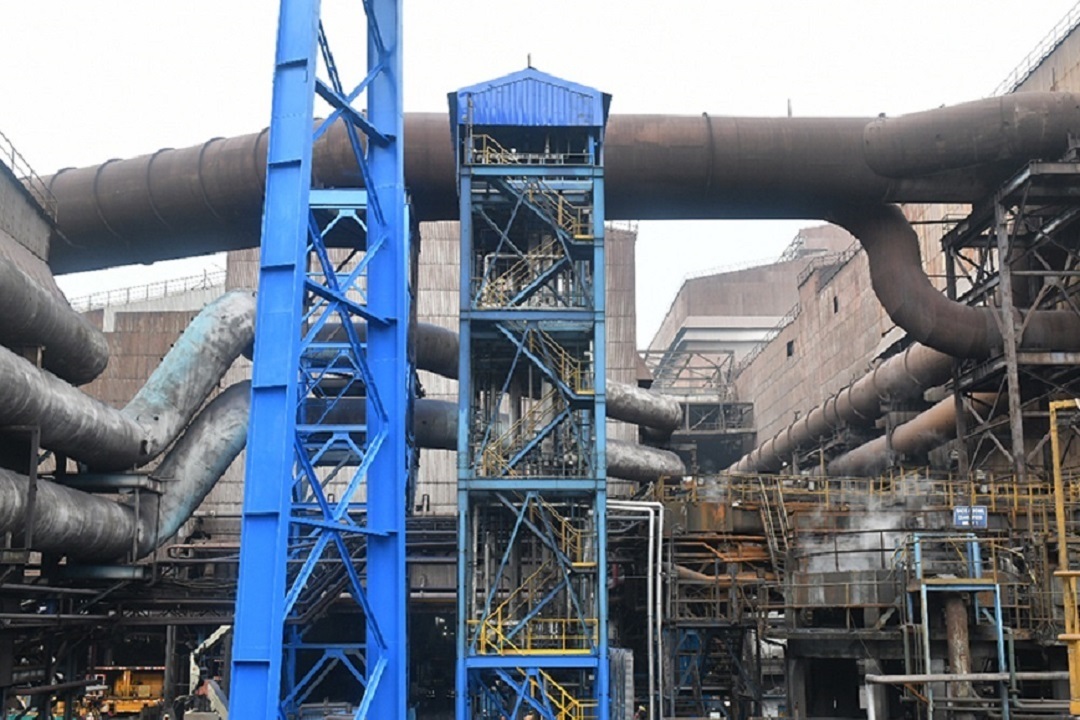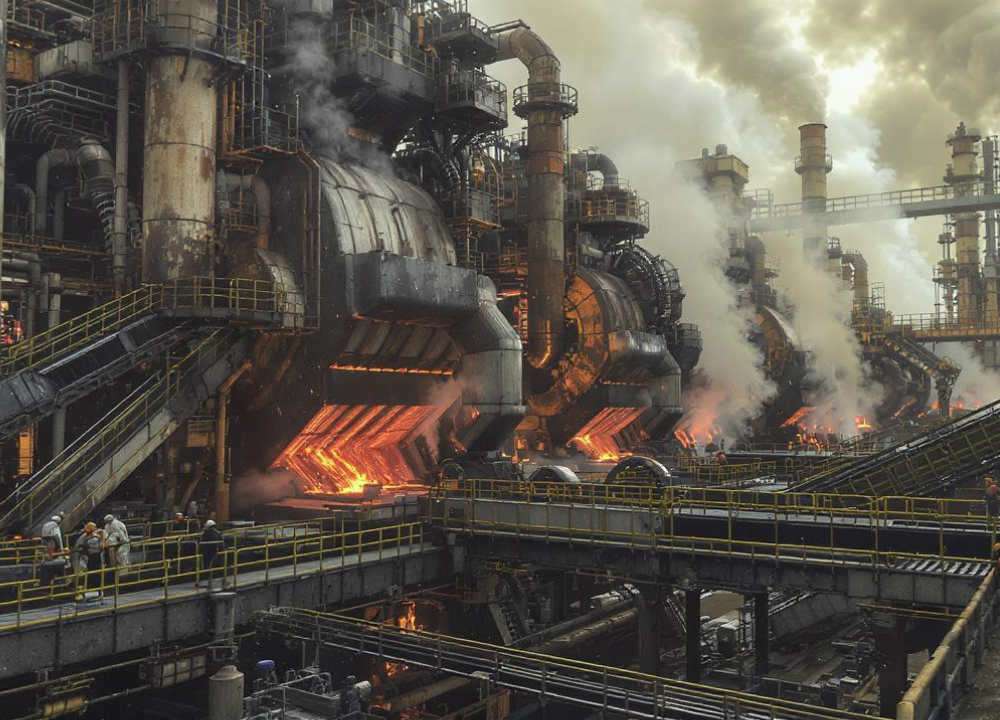Tata Steel Port Talbot facility in South Wales reached a significant milestone on Monday as Blast Furnace 4 ceased operations after more than a century, marking the end of traditional steelmaking at the UK’s largest steelworks. This transition aligns with the company’s commitment to adopting greener steelmaking practices.
Steel production at the site is expected to resume in 2027-2028 under a government-supported investment program of approximately GBP 1.25 billion, which will focus on Electric Arc Furnace (EAF) technology utilizing locally sourced scrap steel.
Rajesh Nair, CEO of Tata Steel UK, acknowledged the challenges of this transition, stating, “I understand how difficult this day is for everyone associated with our business. Throughout this change, we are committed to minimizing the impact on those affected.”
Nair highlighted the historical significance of this event, recognizing the contributions of the thousands of individuals and technologies that have supported the steel industry in the UK for generations. He emphasized that Port Talbot has long been a site of innovation, with ongoing improvements to industrial processes and technologies.
Tata Steel’s investment in low CO2 scrap-based steelmaking is projected to create and sustain over 5,000 jobs in the UK, providing a competitive advantage for Tata Steel operations nationwide. Nair expressed hope that the availability of high-quality low CO2 steel will encourage further investment in the South Wales region and foster collaborations among businesses, academic institutions, and government entities.
This planned investment is part of a GBP 750 million commitment to low-CO2 steel production, complemented by a GBP 500 million grant agreement signed with the UK government earlier this month. Tata Steel stated that many existing heavy-duty assets at Port Talbot had reached the end of their useful life, making continued operation or investment in traditional methods both economically and environmentally unfeasible.
Following the closures of several facilities earlier this year, including the deep-water harbor and coke ovens, the cessation of operations at the Sinter Plant, Blast Furnace 4, and primary steelmaking marks the completion of the transition.
In preparation for the new EAF, Tata Steel has begun sharing detailed plans and virtual reality simulations with local communities and stakeholders, with the announcement of the EAF equipment manufacturer expected soon. Some secondary steelmaking assets and continuous casters will remain operational to support customers until the EAF is fully commissioned.
Trade unions representing steelworkers have expressed sadness over the end of an era, which is anticipated to result in approximately 2,800 job losses. Roy Rickhuss, general secretary of the Community Union, called it a “deeply poignant day” for the industry, criticizing Tata Steel for rejecting an alternative plan that could have ensured a smoother transition to green steelmaking.
Business and Trade Secretary Jonathan Reynolds recently reported to the House of Commons that the current Labour government has made significant strides in negotiations with Tata Steel, offering minimum redundancy payouts and training support for affected workers. The Department for Business and Trade has announced that, alongside the substantial investment in the steel sector, Tata Steel is also committed to exploring new opportunities for investment in steel production.








